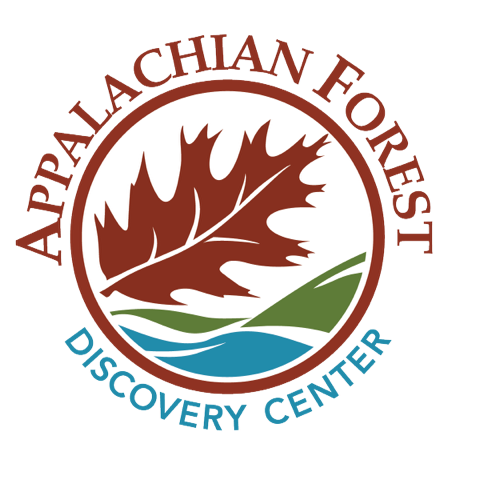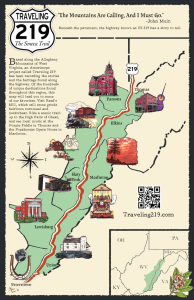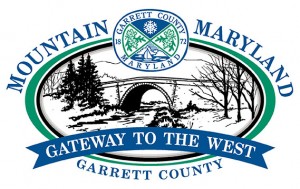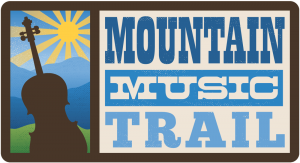Strange Weather From the Memories along US 219
 Last fall, a friend named Mike came to visit Pocahontas County on his red BMW motorcycle. Emily the adventurous one asked Mike for a ride, and I followed in my car, and the three of us adventured onto the Highland Scenic Highway.
Last fall, a friend named Mike came to visit Pocahontas County on his red BMW motorcycle. Emily the adventurous one asked Mike for a ride, and I followed in my car, and the three of us adventured onto the Highland Scenic Highway.
Shadowed by giant red spruce trees and honeycomb rocks, we stopped at one of the scenic overlooks and struck up a few stories with some of the other drivers who had stopped. Two men from Raleigh County were out for a long ride through about five West Virginia counties; their favorite part of the drive, they said, was always the Highland Scenic Highway.
They didn’t have a lot of time on their hands, with so many miles to cover. But they told us a little of why they take this trip every now and then, when life gets to be too full and they need to feel free. Freedom, the kind that they had both experienced as childhood best friends, when their families would travel to a hunting camp up on Cold Knob, or, as they called it, “The West Virginia Never Never Lands, No Girls Allowed!” Their families and sisters and mothers would go there in the summer, but in the winter time, the boys would enter the forest with kerosene lamps, and track deer with their fathers pointing out the signs in the newly fallen snow. This, and the morning drink of water from the cold spring beside the cabin, is what they remember.
I went to camp as a girl. I never hunted, but we did return to camp in November for a few days, the boys all crowded in the big lodge, and the girls crammed into the messhall. I suppose it was easier than trying to get us into the cabins, which had no heat and wide cracks where the cold air would tear through. We’d huddle around the fire, inside the lodge, and roast food over a bonfire outside for breakfast and dinner. There is something about a fire in November that isn’t the same as whatever small fires were set back in the heat of summer. It is wilder, more primitive and real. The horses were allowed to roam free anywhere they pleased, and their hair and fur had always grown in much thicker. I thought they were better that way— there was more to dig into as I combed my fingers along their sides. I think we all need that, for our hair to grow in thicker, and to feel the edge of the wind as the winter moves in.
You know, in all this traveling and talking, I have never met a human being alive and over fifty who does not believe that winters were harsher when they were a kid. And though I used to think this was just one of those old axioms that was meant to put the fear and trembling in us for what they endured, a respect for the past and our elders, I have come to hear it differently lately. When Betsy Degges, who grew up in Second Creek, Monroe County, told me that ice used to form on the creek a foot thick, that she remembers making vanilla ice cream as a girl from that ice, I felt a little bit cheated. As if time had played a trick on us both, by altering.
Don Rice, of Elkins, told me of the extreme winters that were recorded in Randolph County, known, he calls it, as “Eighteen-hundred and froze to death!” In 1855, when the Trotter Brothers were on contract to deliver mail from Staunton, VA to Huttonsville, WV, a severe snow blocked their route. When folks complained because their mail hadn’t been delivered, the Trotter Brothers wrote back:
If you knock the gable end out of Hell and back it up against Cheat Mountain and rain fire and brimstone on it for forty days and forty nights it won’t melt the snow enough to your d— mail through on time.
I’ve see a couple of cross stitched pillows in the homes of people around Randolph County who have these words sewn into the fabric. It’s a point of pride that snow reduced the mail carriers to cussing at the post master. Cheat Mountain, the all conquering snow devil, which was known during the eighteen hundreds to drop snow on the fourth of July, well that’s a story people like to tell too. We sit around and tell stories about the snow, not just because we outlived them (because nobody alive today was alive in 1855) but because it makes us feel like we will endure. It’s that people outlived that storm and this one too. It’s that we’re all itching, in some sense, to get back to wherever it was, our own personal Never Never Land, where we felt free.
Category: Blog





















